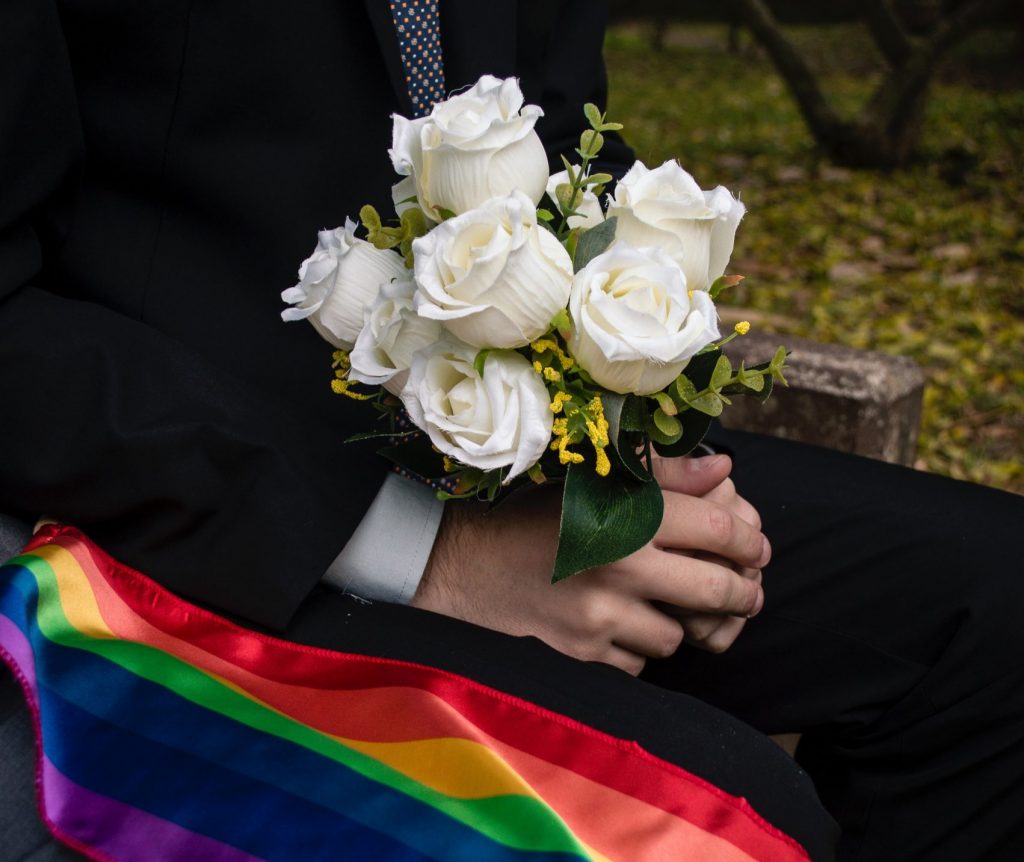
In 2017, Australia made history by legalising marriage equality, granting same-sex couples the same rights and privileges as their heterosexual counterparts. This momentous step forward marked a significant shift in the nation’s social and legal landscape, cementing Australia’s commitment to inclusivity and equality for all. The journey towards marriage equality in Australia was marked by years of activism, debate, and societal change, reflecting the nation’s evolving perspective on love and partnership.
Australia’s path to marriage equality was characterised by both challenges and triumphs. For many years, LGBTQ+ individuals and their allies tirelessly advocated for equal marriage rights. They marched in pride parades, shared their stories, and engaged in thoughtful debates to challenge the status quo. The tireless efforts of activists and the resilience of the LGBTQ+ community were instrumental in pushing for change.
The national conversation around marriage equality also prompted important discussions about the nature of love, commitment, and equality in the modern world. It encouraged Australians to reflect on the deeply held values of fairness, justice, and respect for individual choice. These conversations underscored the importance of recognizing the diversity of relationships in society and acknowledging the universal right to marry the person one loves, regardless of gender.
The legal aspect of this change was a significant milestone. With the passage of the Marriage Amendment (Definition and Religious Freedoms) Act 2017, marriage equality became the law of the land. This legislation removed the previous restriction that defined marriage as a union between a man and a woman, finally allowing same-sex couples to legally wed. The enactment of this law not only eliminated a barrier to equality but also sent a clear message that love is love, and all couples deserve the same legal recognition and protection.
Marriage equality in Australia was also a testament to the power of democracy and the ability of a nation to evolve with changing times. The Australian people overwhelmingly supported this change, as evidenced by the successful 2017 postal survey on same-sex marriage. The “Yes” campaign garnered a significant majority, with Australians voting in favor of marriage equality by an overwhelming margin. This expression of public support underscored the importance of listening to the voices of the people and acting in alignment with their values.
Moreover, Australia’s embrace of marriage equality demonstrated the nation’s commitment to human rights and social progress on the global stage. By recognizing the importance of equal marriage rights, Australia joined a growing list of nations that have chosen love and equality over discrimination and prejudice.
The impact of marriage equality goes beyond the legal recognition of same-sex unions. It has deep-seated societal and cultural significance. It has helped reduce stigma and discrimination, fostering a more inclusive and accepting society. It has provided a sense of validation and belonging to LGBTQ+ individuals and their families, reaffirming their place in Australian society. It has also made a statement to the world that Australia values diversity and inclusivity.
In conclusion, marriage equality in Australia is a testament to the power of activism, democracy, and the evolving values of a nation. It reflects Australia’s commitment to inclusivity, human rights, and the universal principle that love is a fundamental human experience that knows no bounds. By recognizing the importance of marriage equality, Australia has not only opened the doors to legal equality but also to a more compassionate, accepting, and inclusive society where love can truly thrive, regardless of gender.